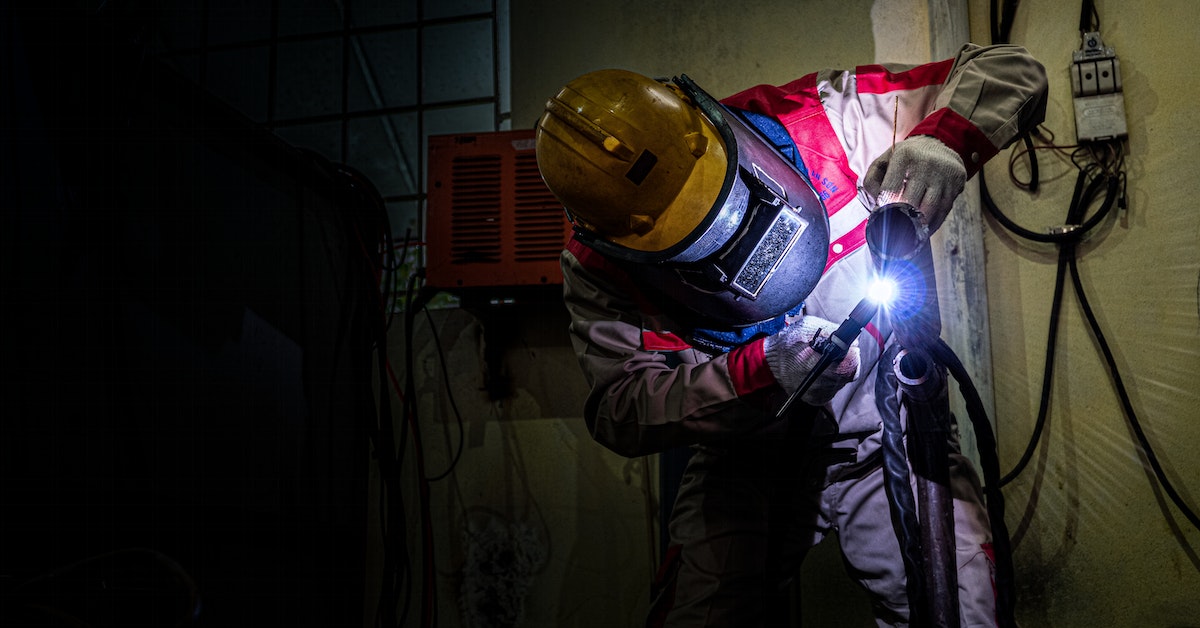Australia’s booming construction and repair sector makes being a tradie (short for tradesperson) a promising career path.
Whether you’re planning to become an electrician, plumber, carpenter, or tradesperson, this guide will help you navigate the required steps.
What is a Tradie?
A tradie is a colloquial Australian term for a skilled tradesperson. Tradies work in various sectors, including construction, automotive, plumbing, electrical, and more.
They are typically involved in hands-on, manual labour and often work in residential and commercial environments.
What Qualifications Are Required to Become a Tradie in Australia?
To become a tradesperson, or “tradie,” in Australia, you must gain specific qualifications in your chosen field.
These qualifications are typically obtained through Vocational Education and Training (VET) programs.
Vocational Education and Training (VET)
The VET sector is critical for people aspiring to be tradies. It offers a range of certificate courses, from Certificate II to Certificate IV, and even Diploma level, depending on the complexity and level of expertise in the trade you choose.
The course you must take will depend on the trade you wish to pursue. For example, if you aim to become an electrician, you might pursue a Certificate III in Electrotechnology Electrician.
A Certificate IV in Building and Construction may be more suitable if you aspire to become a builder. Some trades may require further specialised training, leading to a Diploma.
These qualifications combine classroom or online learning with practical training, providing theoretical knowledge and hands-on skills in your chosen trade. The duration of these courses can vary but generally range from 1 to 2 years.
Need a Lawyer?
Apprenticeships and Traineeships
Becoming a tradie typically involves acquiring theoretical knowledge and practical, hands-on experience. This is where apprenticeships or traineeships come into play.
An apprenticeship or traineeship is an employment-based training program that combines work with structured learning.
You’ll be employed under an apprenticeship or traineeship contract as an apprentice or trainee, earning a wage while you learn.
Apprenticeships are usually full-time but can be undertaken part-time or while still in school. They generally last 3–4 years and cover traditional trades like plumbing, carpentry, electrical work, and more.
On the other hand, traineeships can be completed in a shorter time frame, typically 1 to 2 years, and cover a broader range of occupations across various industries.
Upon completing an apprenticeship or traineeship, you will receive a nationally recognised qualification in your chosen trade, making you a qualified tradie.
By combining VET qualifications with apprenticeships or traineeships, aspiring tradies can acquire the necessary skills, knowledge, and experience to excel in their chosen trade.
Also read: Workplace Safety: Key Employer Responsibilities for Health and Safety
What are the Highest-Paid Tradie Jobs in Australia?
The pay can vary significantly depending on your level of experience, location, and the complexity of your work.
Additionally, those who start businesses and hire other tradies can earn more. Here are some of the highest-paying trade jobs in Australia:
Electricians: Electricians often top the list of highest-paid tradies in Australia. They install, maintain, and repair electrical systems and equipment.
Plumbers: Plumbers are responsible for installing, repairing, and maintaining pipes, valves, fixtures, drainage systems, and other plumbing equipment.
Carpenters: Carpenters are skilled in working with wood to construct, install, and repair structures and fixtures.
Builders: Builders may construct, maintain, and repair residential and commercial buildings. Their pay often reflects the scale and complexity of the projects they manage.
Remember, wages can fluctuate depending on various factors, including experience, location, and the specific nature of the work undertaken.
Furthermore, tradies who establish their businesses and employ others have the potential to earn significantly more.
What is the Process for Hiring a Tradie in Australia?
Hiring a tradie in Australia usually involves:
- Researching local tradespeople in your required trade.
- Asking for quotes.
- Checking their qualifications and references.
Many people find tradies through word-of-mouth recommendations, online reviews, or trade-specific websites.
Ensuring the tradie you hire is licensed, insured, and has a good reputation for quality work is essential. Here’s a step-by-step guide to hiring a tradie in Australia:
Identify Your Needs: Clearly outline the job needed to ensure you’re looking for the correct type of tradie.
Research: Start researching local tradespeople in your required trade. You can do this through online directories, trade-specific websites, or recommendations from friends and family.
Ask for Quotes: Once you’ve shortlisted a few potential tradies, ask them for quotes. Ensure you provide them with as much detail about the job as possible to ensure the quote is accurate.
Check Qualifications and Licenses: Your tradie must have the qualifications and licenses for the job. You can often verify a tradie’s license online via your state or territory’s fair trading or licensing authority.
Check References and Reviews: Look for online reviews or ask the tradie for references. Hearing about other customers’ experiences can give you a sense of the tradie’s reliability, work ethic, and quality of work.
Ensure They Are Insured: Tradies should have the necessary insurance to protect themselves and their property while working. This might include public liability insurance and workers’ compensation insurance.
Finalise Details: Once you’ve chosen your tradie, confirm all the job details, including the cost, timeline, and what is included in the quote.
Sign a Contract: Having a contract for larger jobs is a good idea. This will protect both you and the tradie if anything goes wrong.
A contract should include details such as a description of the work to be done, the total cost, payment schedule, and timeline for completion.
How are Tradie Services Regulated in Australia?
Tradie services in Australia are regulated at both state and national levels. Various government bodies oversee licensing, ensure compliance with Australian standards, and handle disputes and complaints.
This includes bodies like Fair Trading in New South Wales and the Victorian Building Authority in Victoria. Nationally, the Australian Competition and Consumer Commission (ACCC) also regulates tradie services.
Are You Looking To Start Your Journey as a Tradie?
It’s not just about gaining the skills; it’s also crucial to understand the legal aspects of being a tradesperson in Australia.
Walker Pender Group can guide you through the legal requirements, helping ensure you’re fully compliant and protected. Don’t just build a trade; build a secure future. Contact us today to learn more.


